This program is intended for people new to training, or those with no formal knowledge about the design and delivery of training programs. The course content focuses on the professional delivery of training to small groups in the workplace, rather than on one-to-one training skills.
Training and retraining are now key parts of the business strategy for all successful companies. Preparing and delivering top-quality ‘on-the-job’ and ‘off-the-job’ training to meet organizational needs, is an essential requirement for progressive companies and organizations. This program will also prove valuable to In-Company Trainers who wish to improve and update, their training skills, using the latest techniques.
**Delegates Will Deliver Short Sessions Over The Three Days. The ‘Continue – Stop – Start’ Model Will Be Used To Give Constructive Feedback. This Will Result In Continuous Improvement For The Delegates As The Course Progresses.
DAY TWO
DAY THREE
Day Three Involves The Following:
Morning Break (15 Minutes)
When All Sessions Have Been Completed There Will Be A Final Review By The Tutor With The Focus On:
Pre-Course Work:
Pre-course work is required for this training, as there is restricted time to prepare the training sessions during the program. Delegates will be given several opportunities to conduct training sessions for their colleagues over the three days. These sessions will be digitally recorded and played back for analysis and critique.
Before the course each delegate will be asked to complete a Pre-Course Questionnaire to determine their individual objectives for attending the course. These objectives will be used by the Tutor to give on-target training that is focused on the individual delegates.
At the end of the course each delegate will be asked to complete a Personal Development Plan that can be used as part of future appraisals, and that will also be an important tool for management reference.
End-of-Course Training Simulation:
Each delegate will be required to do a 15-minute final training simulation on a topic you will be delivering training on, back at work. Delegates who do not currently deliver training can choose any relevant training topic.
ILM Assessment:
For delegates enrolled on the ILM programme, this final training simulation will be evaluated as part of your ILM assessment. To receive your ILM Certificate, you must achieve a minimum passing score of 50%.
Total Investment: AED 6,900 / per delegate + VAT, which includes – ILM Registration, Training Materials, Lunch and Refreshments. Discount available for multiple bookings.
This Train The Trainer course is intended for people new to training, or those with no formal knowledge about the design and delivery of training programs. The course content focuses on the professional delivery of training to small groups in the workplace, or online, rather than on one-to-one training skills. This program is also for anyone aspiring to be a trainer or someone with little experience delivering trainings and want to know more about what it takes to become an excellent trainer.
Training and retraining are now key parts of the business strategy for successful companies and organizations. Preparing and delivering top-quality ‘on-the-job’ and ‘off-the-job’ trainings to meet organizational needs, is an essential requirement for today’s progressive employers. This Train The Trainer course will also prove valuable to In-Company Trainers who wish to improve, and update, their training skills, using the latest techniques and methodologies. This course will also highlight the benefits and challenges faced when delivering online training.
Day Three Involves The Following:
Pre-Course Assignment:
Pre-course work is required for this training, as there is restricted time to prepare the presentations during the program.
Before the course each delegate will be asked to complete a Pre-Course Questionnaire to determine their individual objectives for attending the course. These objectives will be used by the Tutor to give on-target training that is focused on the individual delegates.
At the end of the course each delegate will be asked to complete a Personal Development Plan that can be used as part of future appraisals, and that will also be an important tool for management reference.
End-of-Course Training Simulation:
Each delegate will be required to do a 15-minute finaltraining simulation on a topic you will be delivering training on, back at work. Delegates who do not currently deliver training can choose any relevant training topic.
ILM Assessment:
For delegates enrolled on the ILM programme, this final training simulation will be evaluated as part of your ILM assessment. To receive your ILM Certificate, you must achieve a minimum passing score of 50%.
Total ONLINE Investment: AED 4,850 / delegate/- + VAT, includes ILM Registration

Tax Registration Number (TRN) 100044986600003 for VAT purposes in the UAE only